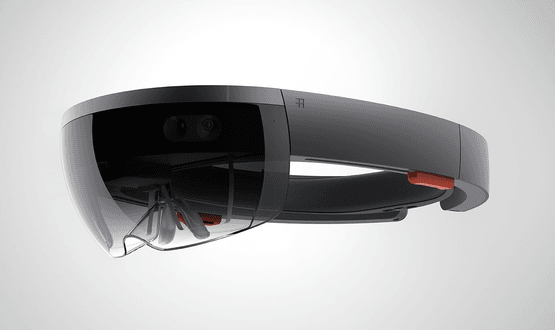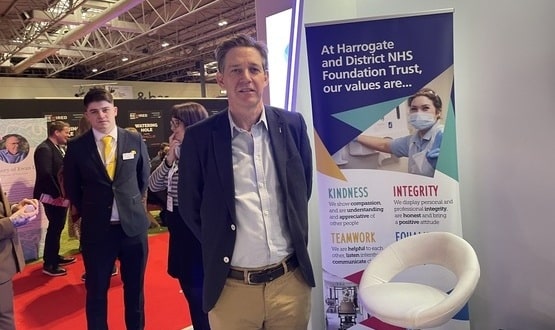Alder Hey surgeons get hands-on with Microsoft’s mixed reality tech
- 15 August 2018

Alder Hey Children’s Hospital is introducing Microsoft’s mixed reality technology into operating theatres to improve planning and collaboration around surgical procedures.
Surgeons at Alder Hey, which is one of the largest children’s hospitals in the UK, will use Microsoft’s HoloLens headset to view patient information while they are operating on them.
The £2,700-plus holographic computer combines elements of virtual reality (VR) and augmented reality (AR) to project interactive 3D holograms into the wearer’s field of vision.
This means surgeons can view relevant, supplementary information on a patient or procedure, including 3D visualisations of a patient’s anatomy, without having to turn away or look at another screen.
Rafael Guerrero, cardiac surgeon at Alder Hey, said Microsoft HoloLens would enable surgeons to have a patient’s scans in front of them and allow them view medical images and notes while performing an operation, without using their hands.
“Imaging a patient’s heart from the inside and from the outside is absolutely essential,” Guerrero said.
“I have to visualise that 3D view in my head in order to do this operation. You can display those images on a screen in the operating theatre sometimes, but it’s not easily accessible, and I can’t leave in the middle of an operation to go get more information about my patient. In many cases, the heart has already stopped in order for us to operate.
“If I can use technology to obtain that information, to see those images in front of me, that helps me tremendously and improves the outcome for my patient.”
In a similar use case, surgeons at Imperial College Healthcare NHS Trust have been using Microsoft HoloLens to ‘look inside’ patients prior to operating on them.
Alder Hey will also introduce large-screen Microsoft Surface Hubs in meeting rooms to enable medical professionals to more easily share clinical information such as patient charts, tests and medical images.
The Liverpool hospital, which cares for some 270,000 children every year, is working with Microsoft partner Black Marble to develop an app and introduce the technology.
Earlier this year, Microsoft announced a slew of new digital tools aimed at speeding up the adoption of AI and cloud-based technologies in healthcare.




